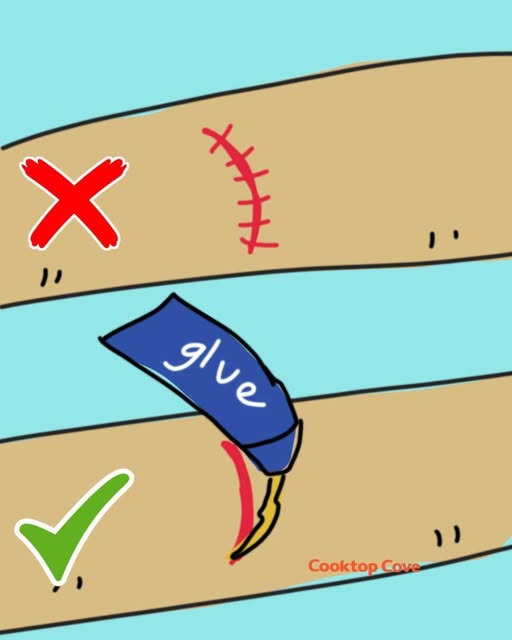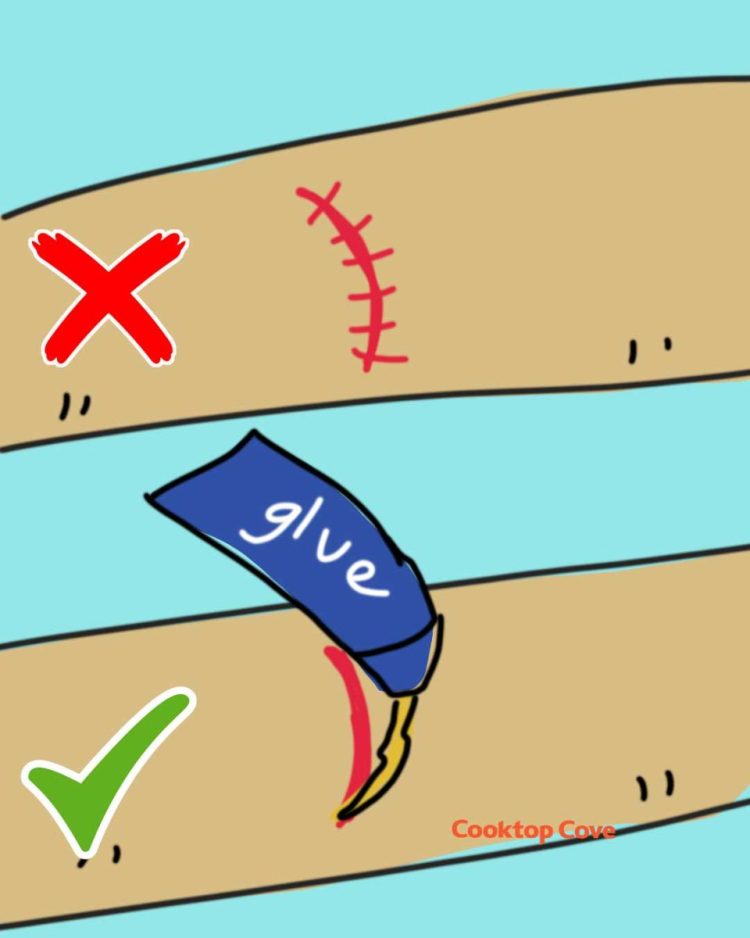7+ genius life hacks that can help you survive
In a world full of uncertainties, it’s essential to have a few handy survival skills up your sleeve. Whether you’re faced with a natural disaster, a hiking mishap, or a camping adventure gone awry, knowing how to handle unexpected situations can mean the difference between life and death. While we hope you never find yourself in dire straits, it’s always better to be prepared than to be caught off guard. In this article, we’ll share ten practical and easy-to-remember survival life hacks that could help you thrive when the going gets tough.
These tips are not just for the avid adventurer, but for anyone who wants to feel more confident and capable in the great outdoors. As you read through our list of survival hacks, you’ll learn valuable skills that can come in handy in a variety of situations.
From treating wounds to finding clean water, these tips are designed to give you a leg up when faced with the unpredictable. So, without further ado, let’s jump right into our guide to survival life hacks!
Create a fire starter kit
Starting a fire is a crucial survival skill, especially in cold or wet conditions. To make fire starting easier, assemble a fire starter kit before heading out on your adventure. Include items such as a lighter, matches, a magnesium fire starter, and tinder like dryer lint or cotton balls soaked in petroleum jelly.
Store these items in a waterproof container to keep them dry and ready for use. When you need to start a fire, use the tinder to catch a spark from the fire starter or matches and gradually add larger kindling until you have a sustainable fire.
Reducing a fever
Reducing a fever in a survival situation is crucial to alleviate discomfort and prevent potential complications. To effectively lower a fever, start by encouraging hydration, as fevers can lead to fluid loss and dehydration. Drink plenty of water, and consider oral rehydration solutions if available.
Next, remove excess clothing and blankets to allow the body to release heat more effectively. Create a cooler environment by seeking shade or a well-ventilated area. Applying cool compresses to the forehead, neck, and wrists can also provide relief. If fever-reducing medications like acetaminophen or ibuprofen are available, they can be taken according to the package instructions. However, it’s important to monitor the individual closely and seek medical attention if the fever persists or if there are other concerning symptoms.
Use ice to treat a bruise
CONTINUE READING ON THE NEXT PAGE 🥰💕


